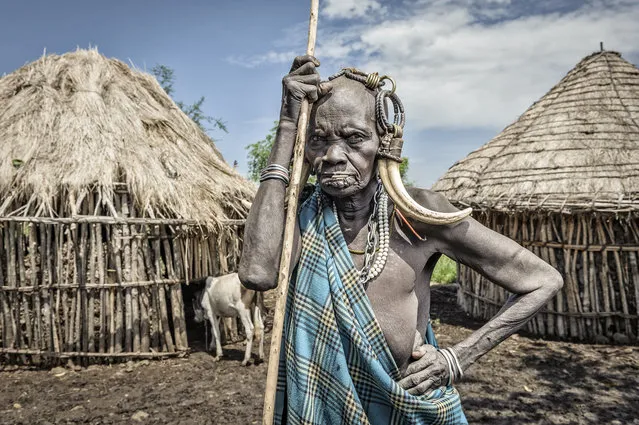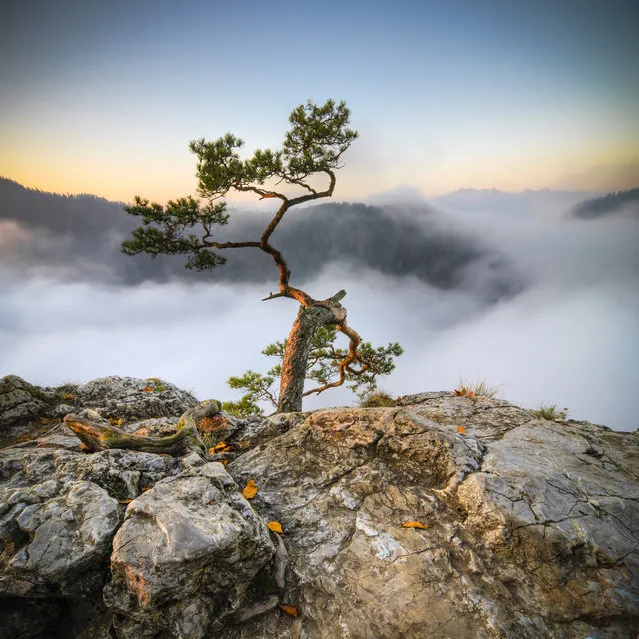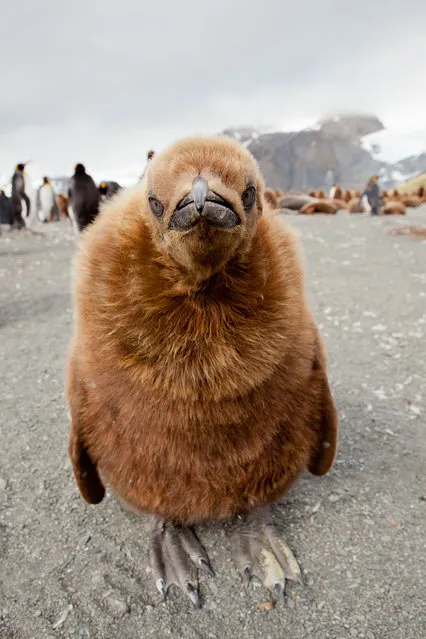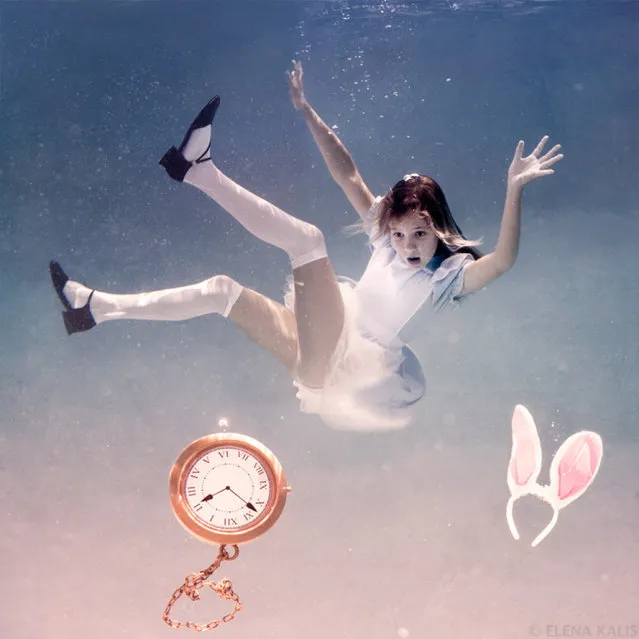
A police officer removes a reveler from standing on a post as they guard and clear the street of revelers dressed in holiday themed costumes during SantaCon in New York Saturday, December 12, 2015. As thousands of Santa-suited merrymakers prepare to hit the city's streets and bars, organizers of the annual pub crawl say they're taking more steps than ever to deter naughty behavior. (Photo by Andres Kudacki/AP Photo)
14 Dec 2015 08:06:00,post received
0 comments







